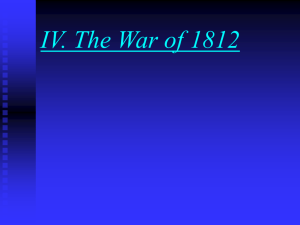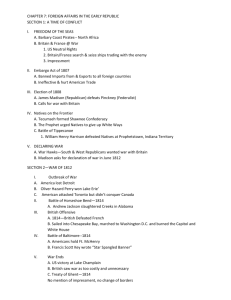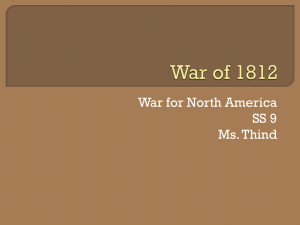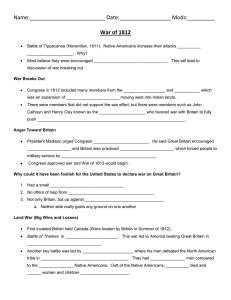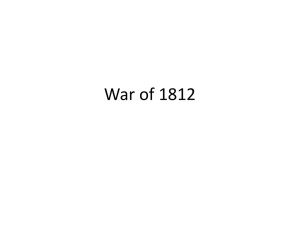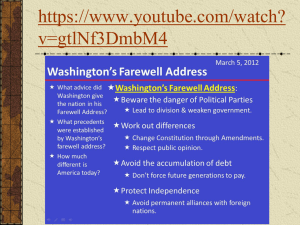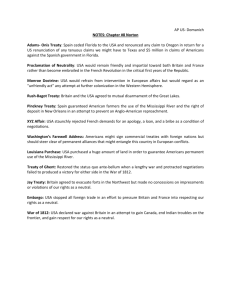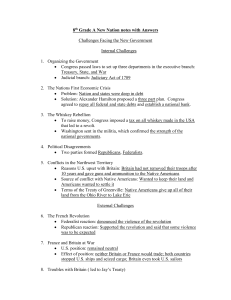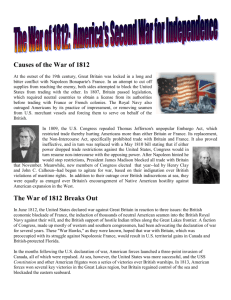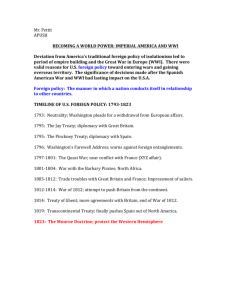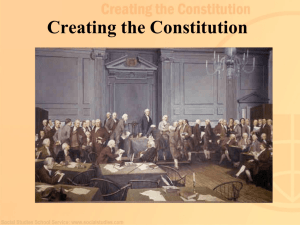New Englanders suffered tremendous losses in trade during the war
advertisement
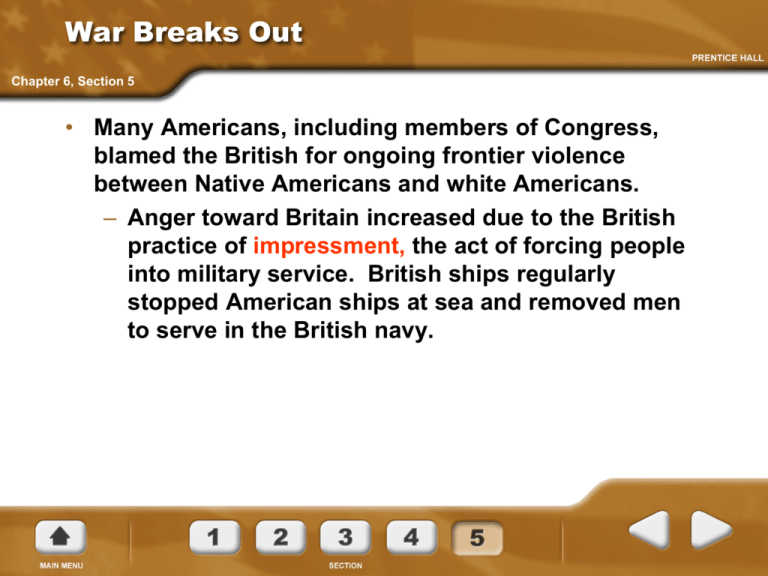
War Breaks Out Chapter 6, Section 5 • Many Americans, including members of Congress, blamed the British for ongoing frontier violence between Native Americans and white Americans. – Anger toward Britain increased due to the British practice of impressment, the act of forcing people into military service. British ships regularly stopped American ships at sea and removed men to serve in the British navy. Congress: Where Bad Decisions are Born • New Congressmen from South and West – Represented people moving West onto Indian land • Henry Clay-Kentucky • John C. Calhoun- South Carolina Known as “War Hawks” Favored War with Britain Get Britain out of North America Stop Indian attacks on the West Anger Toward Britain • June of 1812 – Madison sends message to Congress • Urges declaration of war against Britain • For… – Encouraging Indian attacks on settlers – Interfering with U.S. shipping – Impressing American sailors – And we really, really wanted Canada » A lot • Congress approves – This was dumb • Small army and navy • No offers to help from any foreign nation • Would have to fight Britain as well as Indian allies War on Land and Sea Chapter 6, Section 5 The Land War The Naval War The United States had only a small army and navy, giving it a disadvantage against Britain. Although the British defeated American forces attempting to invade British-held Canada, the American forces won some modest victories. Despite the much larger size of the British navy, Americans at first won a number of battles at sea. Victories such as the one by the USS Constitution (“Old Ironsides”) raised American morale. However, the superior British navy soon blockaded the United States coast. How Bad did Things Get? The Burning of Washington, D.C In the summer of 1814, British troops entered Washington, D.C., and started fires that consumed the city. • From Washington, the British moved on to Baltimore, where American forces turned them back. – Lawyer Francis Scott Key witnessed an all-night British bombardment there and described it in “The StarSpangled Banner.” The War Ends Chapter 6, Section 5 • New Englanders suffered tremendous losses in trade during the war. In December 1814, they called a meeting known as the Hartford Convention to consider leaving the nation. Instead, the convention called for constitutional amendments to increase New England’s political power. – 2/3 majority to declare war • The War of 1812 officially ended on December 24, 1814, with the signing of the Treaty of Ghent, which restored all old boundaries between the United States and British territory in North America. – The treaty did not, however, resolve many of the issues that had caused the war, such as • the British practice of impressment. • Address rights of neutral shipping • Before news of the treaty reached the United States, General Andrew Jackson won a spectacular American victory against the British at the Battle of New Orleans. The victory raised morale and allowed Americans to end an unhappy war on a positive note. Consequences of War • • • • National Treasury Empty Capitol destroyed Trade interrupted Received respect in the eyes of the world
